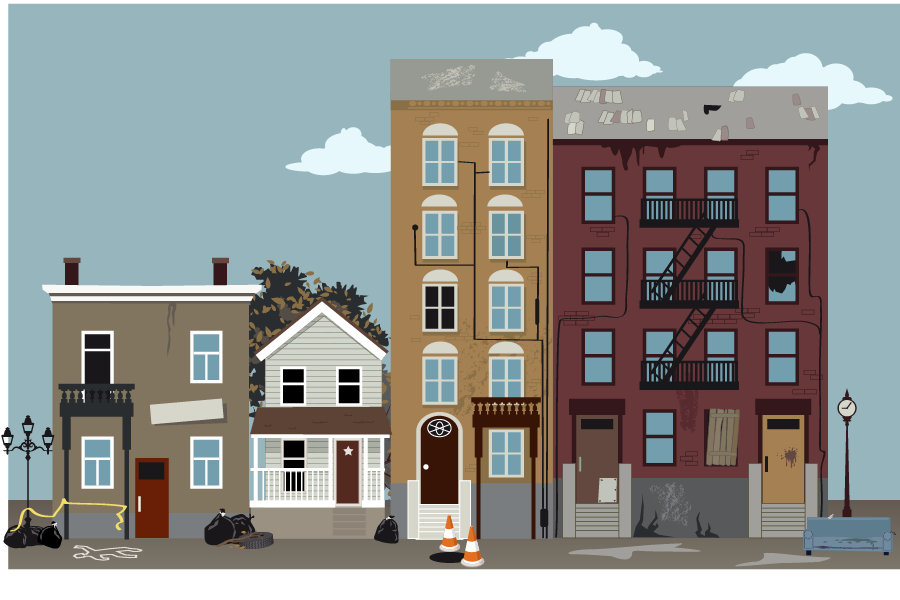Recent Posts
- Is Home Staging Worth It? March 25 2025
- What Is the Difference Between Estate Tax and Inheritance Tax? March 24 2025
- How to Sell Your House Fast in Austin, TX March 11 2025

When you want to sell your house, one overlooked factor is how neighboring homes can affect real estate sales prices. Therefore, it is essential to understand the different factors that could determine the value of your home and its potential sales price.
The location of your home is an important factor because it determines the demand for houses in your area. For example, if you have an exceptional home, but neighboring homes are not in as good a shape or the location is not highly desirable, it could lower the value of your property.
Not only does the curb appeal of your home affect its value, but also the curb appeal of your neighbors’ houses. You could have a green lawn, plants, and other attractive features. However, if your neighbors neglect their yards, have broken cars parked on the lawn, or just let the exterior of their home go, it can reduce property values.
One factor crucial for people with kids is the quality of the schools in your area. If the schools are in high demand, it can push up the price and value of your home. On the other hand, if the school system has a low rating or is struggling to keep up with other schools, it can cause a decrease in property values.
The proximity to local businesses can be a factor that could increase prices. Conversely, suppose there is a lot of vacant commercial land for sale. In that case, it could cause prices to decrease if people do not want to live too close to undeveloped land because they do not know what type of commercial business could eventually occupy that space.

The demographics of your neighborhood can determine the appeal with potential buyers. For instance, if there are a lot of younger families and newlyweds in your area, your home may not attract older couples and retirees.
The current market conditions do influence the value of your house. For example, if the market is oversaturated with a lot of homes and not enough buyers, it can push sales prices down. On the other hand, if there are more buyers than available homes, it can push prices up.
The condition of homes in your neighborhood and their age will influence their values. In communities with newer homes, values can be higher. In older neighborhoods, the value can be lower if people are not keeping up with maintenance and repairs. For example, if your house needs a new roof, it will lower its value.
While no two homes are identical, looking at neighboring comps can help you get an idea of how much your home could be worth. Neighboring comps refers to the sales prices of similar houses in your area that recently sold. It is essential to compare these homes’ square footage and the features and floor layouts to value your house.
The size of your home and the amount of liveable space are other factors that influence prices. Liveable spaces include bedrooms, bathrooms, living rooms, and kitchens. They do not include unfinished basements, attics, crawl spaces, garages, and storage sheds. So, if you do not have a lot of liveable space, the value of your home could be lower.
The home improvements you have made to your home could influence the sales price when you sell your house. For example, if you have renovated the kitchen or bathroom or gotten a new roof or air conditioner, these improvements can boost its value.
After reviewing these factors and valuing your home, possible sale outcomes are:
To find out how much your house is worth and to receive your free, no-obligation cash offer from a local cash investor, get started by completing our short submission form today. You may also contact us at 1-800-Cash-Today (227-4863) if you have further questions.